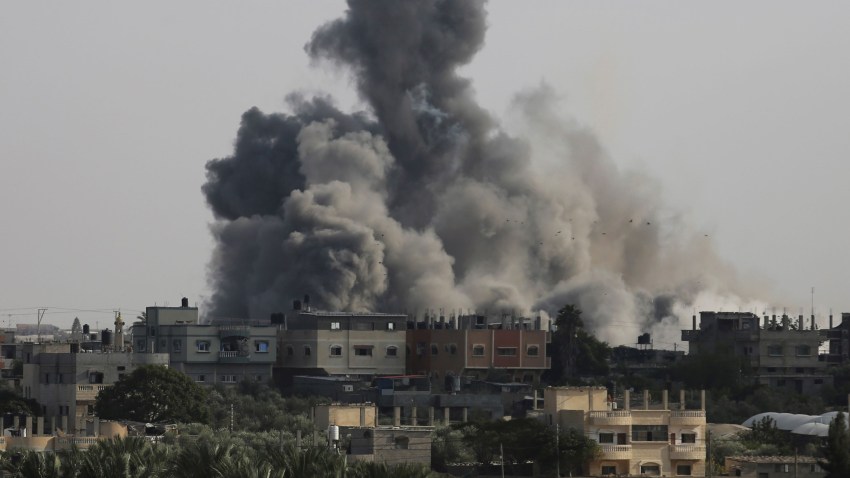The attack in southern Israel this weekend by Hamas and other militant Palestinian factions from Gaza has delivered another shock to a fragile global order. Even as Israeli forces retook lost territory and unearthed horrific war crimes committed against Israeli civilians, Israel was already launching airstrikes on targets in Gaza whose brutal impact is in turn being felt mainly by Palestinian civilians. Though previous cycles of escalation in 2008, 2012, 2014 and 2021 led to casualties—some in Israel, but overwhelmingly among Palestinians—the sheer scale of the Hamas assault and the impending Israeli offensive in response is likely to have a far more dramatic global impact.
In the first hours and days of the carnage unfolding in southern Israel and Gaza, much of the focus was on developments on the battlefield. But already many of the divisions in Israeli society—which for the past year have driven mass protests by liberal Israelis against a government dominated by far-right nationalist and ultra-orthodox religious parties—have swiftly reemerged. Widespread support for a punitive land offensive into Gaza to crush Hamas will forge a degree of unity, at least temporarily. But the debate over how far Prime Minister Benjamin Netanyahu government’s far-right agenda and the pressure generated by the protest movement—which extended into Israel’s security sector—affected the cohesion of Israel’s intelligence services and military is likely to be a further source of bitter polarization.
While Hamas and the authoritarian theocracy it has built in Gaza will struggle to survive the Israeli onslaught, those Palestinians in Gaza who support other factions or just want to get on with their lives will experience further suffering amid a military response that is unlikely to be reined in by any of Israel’s allies. The potential for further radicalization of Israel’s political debate at a time when parties advocating mass deportation of Palestinians are in government also has the potential to trigger an insurrection in the West Bank, where the authority of the Palestinian Authority has fallen apart. Faced with such a grim social context, it is difficult to imagine how both societies can escape the radicalization cycles in which they have become trapped.

